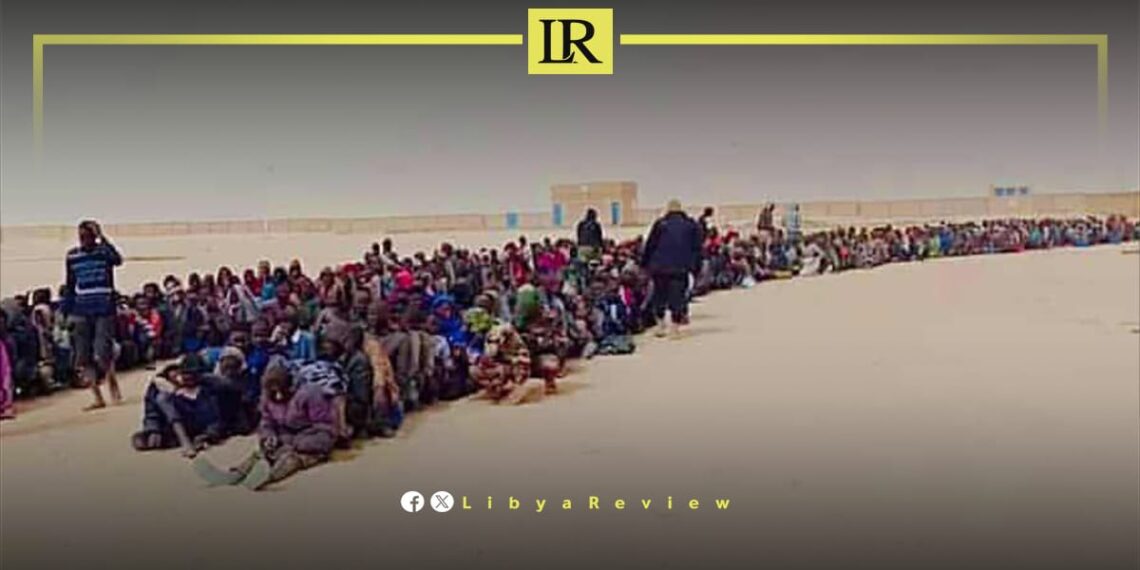More than 600 Nigerien nationals were forcibly deported from Libya last weekend in what is believed to be one of the largest expulsions from the country in recent years, according to The Guardian.
The International Organisation for Migration (IOM) confirmed that 613 migrants arrived in the Nigerien town of Dirkou, having travelled across the Sahara Desert in a convoy of trucks. The expulsion is part of a broader campaign by Libyan authorities over the past month to round up migrant workers.
This large-scale deportation is unprecedented in recent memory, surpassing an earlier expulsion of 400 people last July. Azizou Chehou, of the migrant aid organisation Alarm Phone Sahara, described the convoy as the largest to date. The expulsions highlight the ongoing mistreatment of migrants in Libya, where human rights abuses have been prevalent.
The mass deportations come at a time when European Union countries are facing increasing criticism for outsourcing their border control policies to Libya. Italy, for example, has signed agreements with Libya and Tunisia aimed at reducing Mediterranean crossings. The EU’s approach has drawn accusations of neglecting the human rights of migrants in Libya. According to Italy’s interior ministry, 66,317 people reached Italy in 2024, a significant decrease compared to the previous year.
David Yambio, spokesperson for Refugees in Libya, criticised Europe’s role in the expulsions, calling it a policy of “efficient cruelty” aimed at erasing the suffering of migrants. He added that the desert has become a “graveyard” for many.
The journey across the Sahara is perilous. With winter temperatures dropping drastically, the migrants face overcrowding in trucks, which can lead to fights and injuries. Upon reaching Agadez, many migrants are in poor health.
Jalel Harchaoui, a Libya expert at the Royal United Services Institute, noted that expulsions of foreign workers have been a recurring practice in southern Libya, even dating back to the Gaddafi era. However, this mass deportation stands out due to the scale and lack of official policy behind it.
Libya remains a key destination for migrant workers from sub-Saharan Africa, many of whom seek employment in sectors such as agriculture, construction, and retail. Others attempt to reach the coast to embark on perilous journeys to Europe.
The UNHCR has expressed concern over the expulsions, offering support to the IOM and calling for the identification of migrants who may need international protection.


